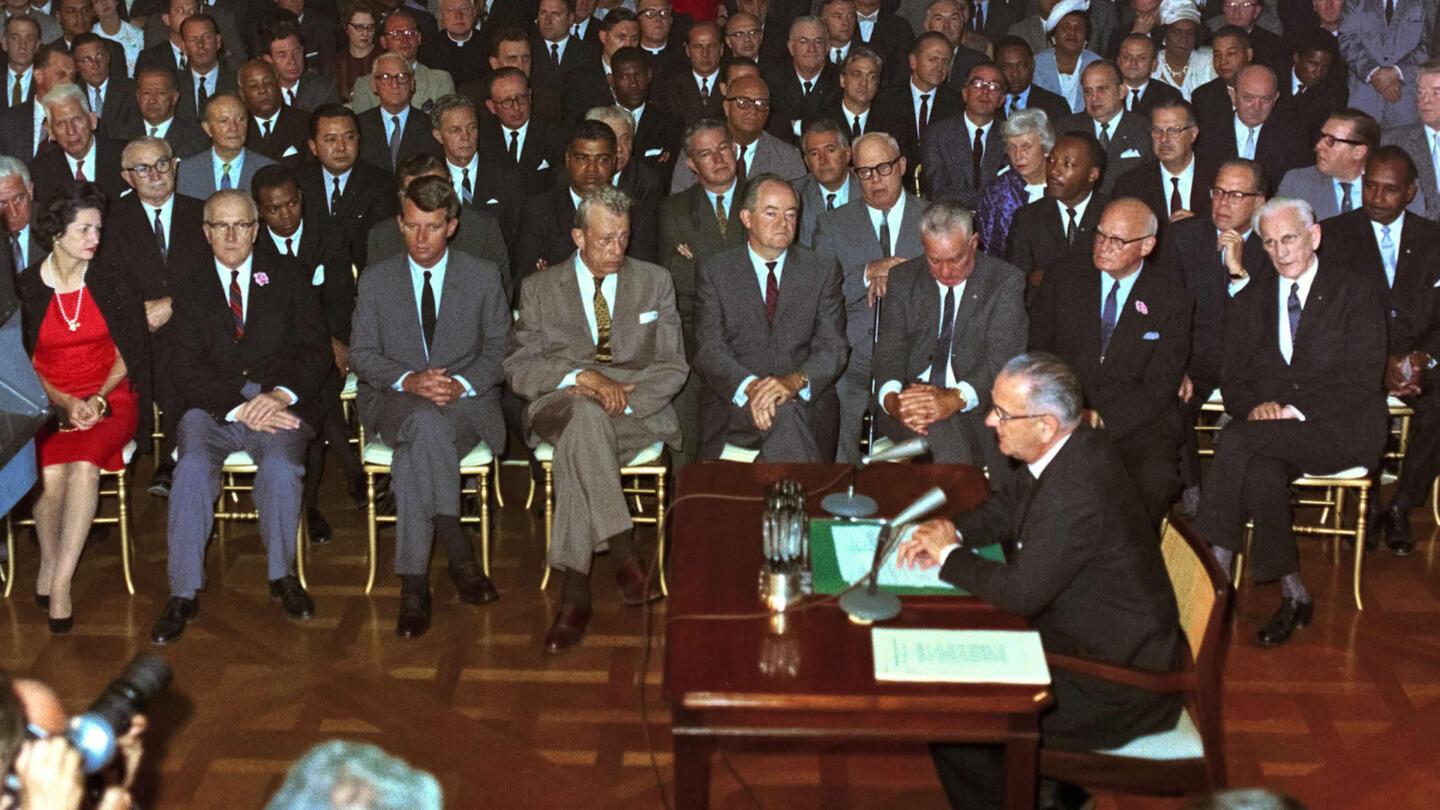Guest Post by Paul Craig Roberts
“From status to contract” was the way Sir Henry Maine described the emergence of equality before the law from the status-based law of the past when class distinctions determined rights.
Today in the US and Great Britain race distinctions determine rights, with “people of color” having higher rights than white citizens who have been reduced to second class legal status based on skin color.




